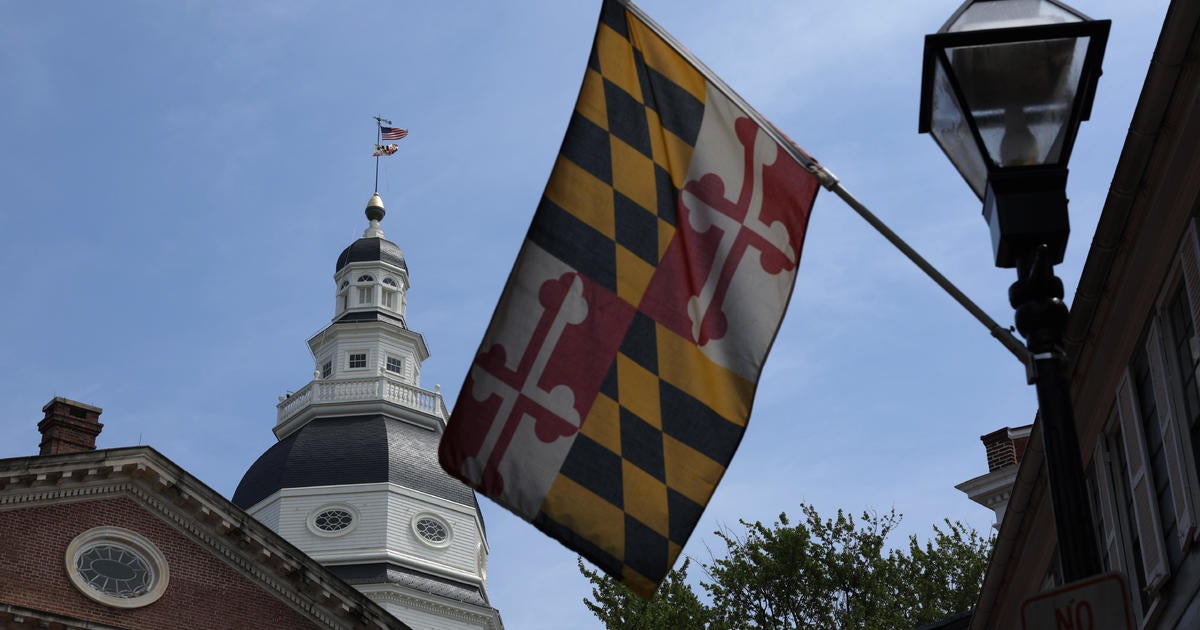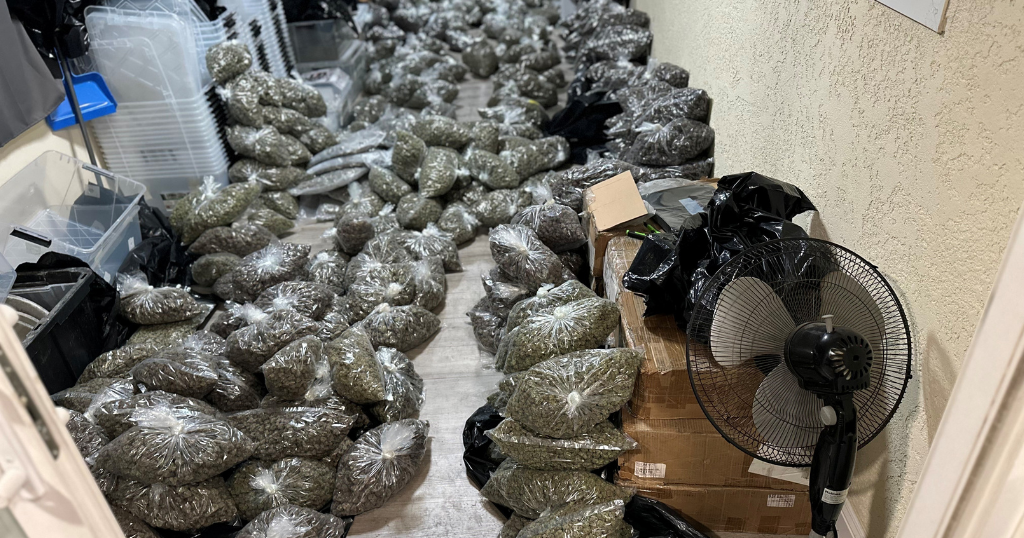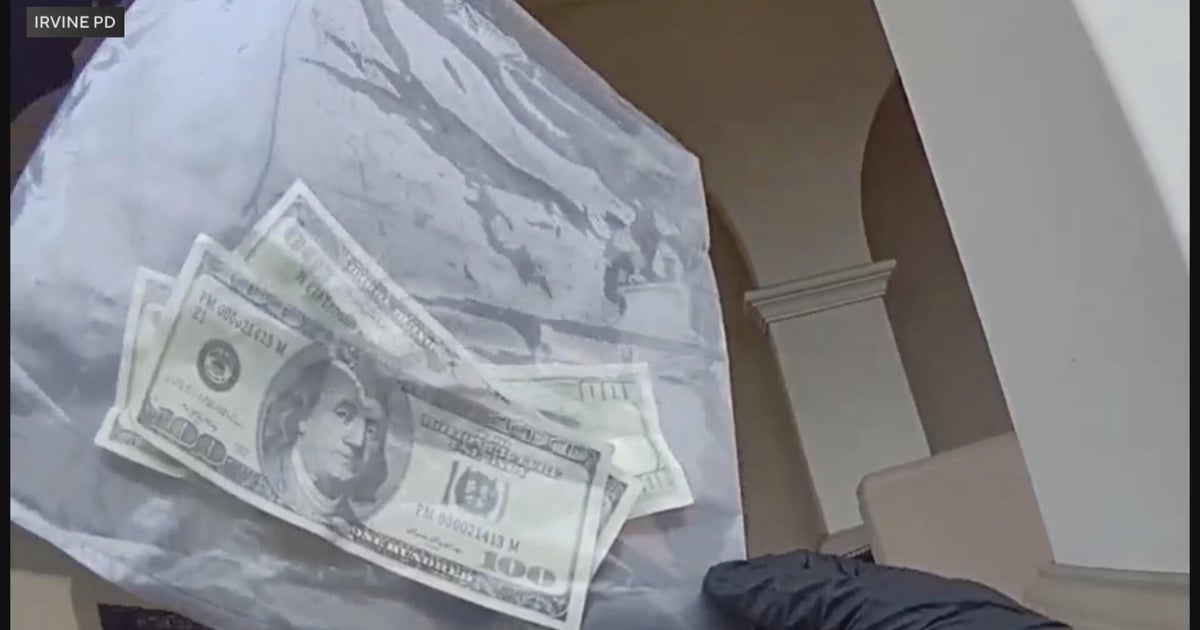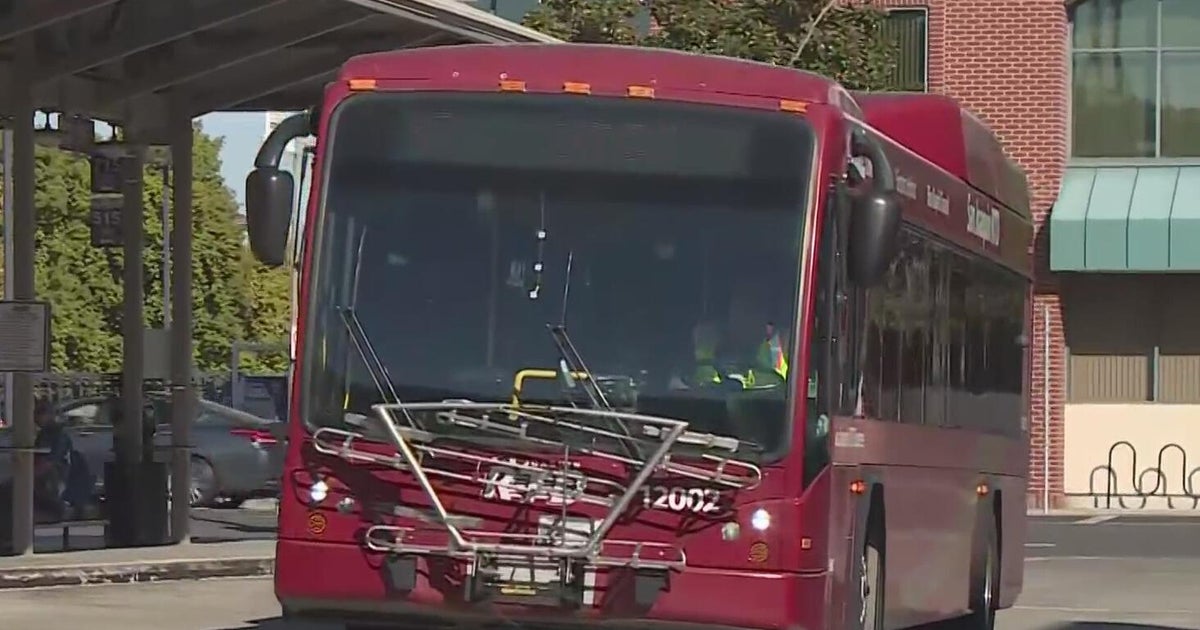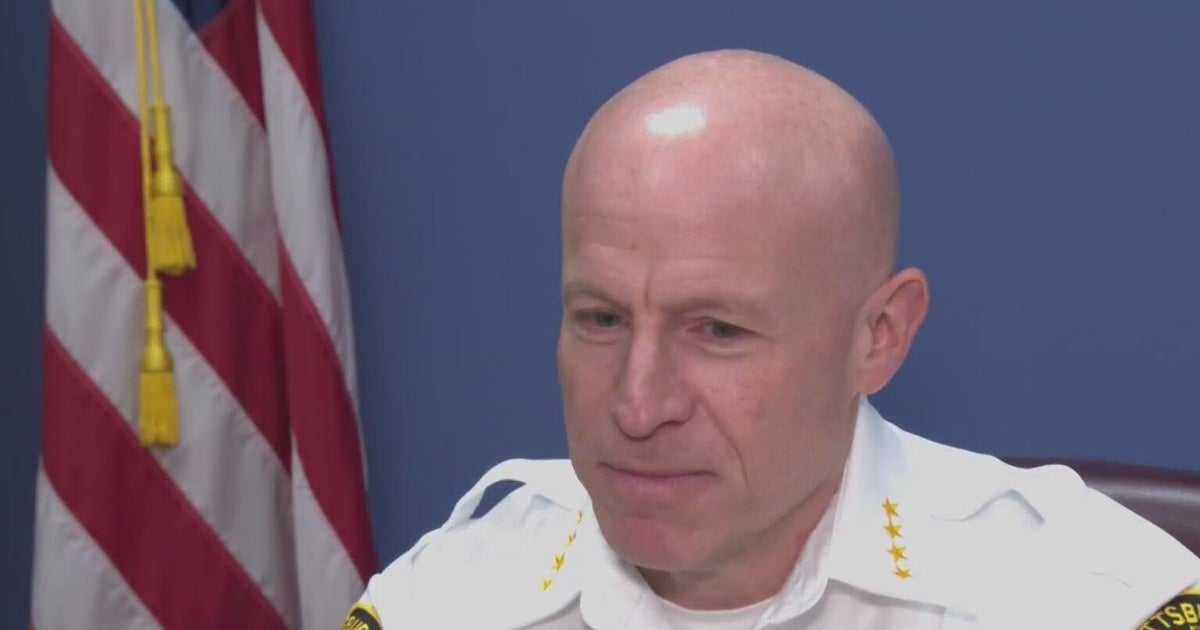Key Bills Die In Maryland General Assembly
ANNAPOLIS, Md. (AP) -- Bills proposing a minimum wage raise, decriminalizing small amounts of marijuana and a change to how pet owners are held accountable for dog bites all failed during a Maryland General Assembly session marked by the passage of many bills supported by the governor.
Gov. Martin O'Malley signed more than 100 bills into law Tuesday, including legislation aimed at job creation. A number of high-profile measures are to be signed later.
Gun control legislation and a repeal of the death penalty were among the bills left for later. Others that garnered enthusiasm early on failed to secure the votes needed for approval.
A measure to change the law to address a court ruling defining pit bulls as "inherently dangerous" failed in the final hours of the session. The measure would put more responsibility on all dog owners and ease strict liability standards on landlords for dog bites.
Lawmakers could not reach an agreement on a compromise bill that would have required all dog owners to prove by clear and convincing evidence they had no prior knowledge that their dog was prone to biting for incidents involving victims 12 and younger. For older victims, owners would have to prove by a preponderance of evidence that they had no knowledge their dog was prone to biting, a lesser standard.
Tami Santelli, Maryland state director for The Humane Society of the United States, said there was no question that the issue would re-emerge next year.
The state's minimum wage will remain at $7.25 per hour despite the efforts of some lawmakers to pass legislation that would increase the rate to $10 by 2015. The measure was voted down by the Senate Finance Committee.
Delegate Aisha Braveboy, a Prince George's County Democrat and the bill's sponsor in the House, plans to bring the legislation back next year.
Lawmakers ended the session without approving a bill to make changes to the school zone speed camera program. The bill was touted by supporters as an important safety measure and reviled by opponents as an invasion of privacy designed to raise money.
Legislation that would repeal a law designed to fight pollution by limiting the growth of septic systems in Maryland also died in the General Assembly, despite the requests of some Maryland farmers who rode their tractors on the streets of the state capital in support of the proposed repeal.
The General Assembly also failed to pass a last-minute measure that would prevent Baltimore-area residents from being hit with annual fees to pay for stormwater treatment and wetland restoration.
(Copyright 2013 by The Associated Press. All Rights Reserved.)

